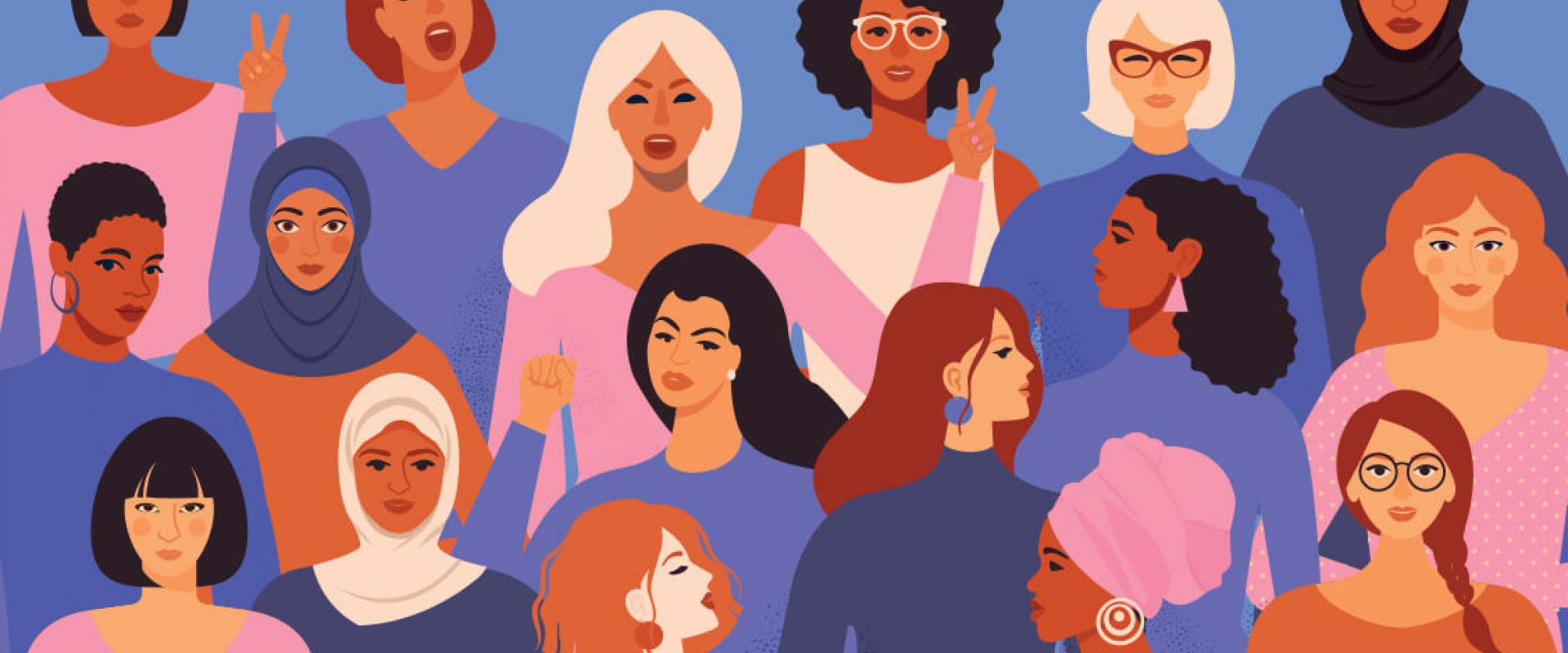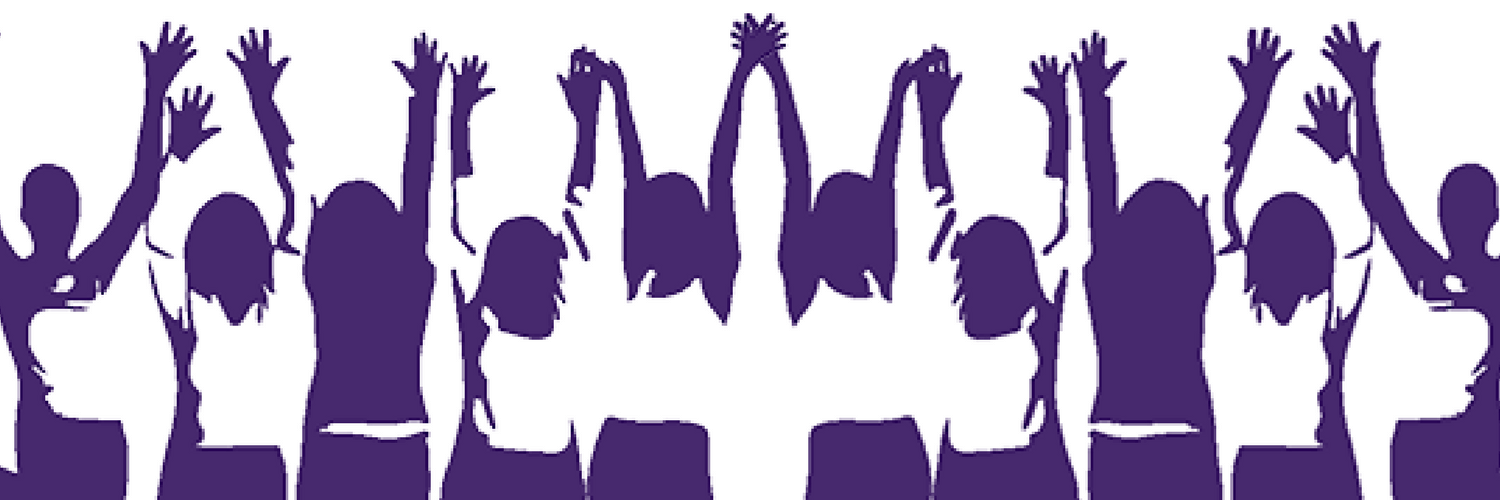
International Women's Day 2025

International Women's Day 2025: A Call to End Violence Against Women and Support SDG Resources
International Women's Day, celebrated annually on March 8th, is a global event that recognises the social, economic, cultural, and political achievements of women while advocating for gender equality. In this article, we will explore the importance of International Women's Day and its contribution to Sustainable Development Goals (SDGs) related to gender equality and ending violence against women.
The History of International Women's Day
International Women's Day has its roots in the early 20th century, when women's rights activists advocated for equal opportunities, including the right to vote, work, and hold public office. The first National Women's Day was observed in the United States on February 28, 1909, and later, it transformed into an international event. In 1975, the United Nations officially recognised International Women's Day, making it a global occasion for raising awareness and promoting gender equality.
The Significance of International Women's Day
Celebrating International Women's Day is crucial for numerous reasons. Firstly, it highlights the achievements of women and their contributions to society, thereby challenging the deeply rooted gender stereotypes. Secondly, it raises awareness about the ongoing struggle for women's rights and gender equality worldwide, motivating individuals and organisations to actively participate in achieving a more inclusive society.
International Women's Day and Sustainable Development Goals (SDGs)
The United Nations' Sustainable Development Goals are a set of 17 global targets aiming to eradicate poverty, protect the planet, and ensure prosperity for all by 2030. Two of these goals, namely, SDG 5 (Gender Equality) and SDG 16 (Peace, Justice, and Strong Institutions), are closely related to the objectives of International Women's Day.
3.1. SDG 5: Gender Equality
SDG 5 aims to achieve gender equality and empower all women and girls. It encompasses various targets, including ending discrimination and violence against women, ensuring equal opportunities for leadership, and providing universal access to sexual and reproductive health and rights. International Women's Day supports SDG 5 by raising awareness and fostering discussions about gender equality and women's empowerment.
3.2. SDG 16: Peace, Justice, and Strong Institutions
SDG 16 seeks to promote peaceful and inclusive societies, provide access to justice for all, and build effective, accountable institutions. This goal addresses various forms of violence, including those against women and girls, and aims to substantially reduce them worldwide. International Women's Day complements SDG 16 by advocating for an end to gender-based violence and promoting women's participation in decision-making processes.
Ending Violence Against Women
Violence against women is a grave violation of human rights that affects millions globally. It takes various forms, such as physical, sexual, emotional, and economic abuse. International Women's Day helps in addressing this issue by:
4.1. Raising Awareness
International Women's Day serves as a platform to raise awareness about the prevalence and impact of violence against women. By shedding light on this issue, it encourages governments, organisations, and individuals to take concrete actions to prevent and address violence against women.
4.2. Advocating for Legal Reforms
International Women's Day events often involve campaigns that call for legal reforms and the implementation of policies aimed at preventing violence against women. These efforts contribute to establishing a legal framework that protects women's rights and ensures that perpetrators of violence are held accountable.
4.3. Supporting Survivors
International Women's Day also focuses on supporting survivors of violence by raising funds for organisations that provide essential services, such as shelters, counselling, and legal aid. Additionally, it encourages the sharing of survivor stories, helping women to heal and regain their confidence.
4.4. Promoting Prevention Strategies
Preventing violence against women requires addressing its root causes, such as gender inequality and harmful social norms. International Women's Day encourages the adoption of prevention strategies, including education and awareness-raising campaigns, community mobilisation, and economic empowerment initiatives.
Supporting SDG Resources for Gender Equality
International Women's Day plays a vital role in supporting SDG resources related to gender equality and ending violence against women. It does so by:
5.1. Encouraging Collaboration
International Women's Day brings together governments, civil society, businesses, and individuals to work collaboratively towards achieving gender equality. By fostering partnerships, it helps in mobilising resources and sharing knowledge to advance the SDGs.
5.2. Showcasing Best Practices
International Women's Day events often highlight successful projects and initiatives that have made a positive impact on women's lives. By showcasing these best practices, it provides inspiration and guidance for others to replicate or adapt these approaches in their own communities.
5.3. Facilitating Resource Mobilisation
International Women's Day serves as an opportunity to mobilise financial resources for gender equality and women's empowerment initiatives. Fundraising events and campaigns held during this period contribute to supporting the implementation of SDG-related projects and programmes.
International Women's Day is an essential event that not only celebrates the achievements of women but also raises awareness about the ongoing struggle for gender equality and the need to end violence against women. By supporting SDG resources related to these issues, International Women's Day contributes to building a more just, inclusive, and peaceful world for everyone. Let us all join hands in commemorating this day and working towards a brighter future for women and girls everywhere.
International Women's Day 2025 and Beyond
As we look towards International Women's Day in 2025 and beyond, we anticipate a future of strengthened global commitment towards achieving gender equality and ending violence against women. This day will continue to be a beacon of hope and a platform for change, driving the conversation and action towards realizing a world where every woman and girl enjoys her full rights and lives free from all forms of violence. The day will be filled with events, dialogues, and campaigns that highlight the need for comprehensive legal frameworks, economic policies, and social norms that ensure women's empowerment. We also foresee increased involvement from governments, non-governmental organizations, private sector entities, and individuals in championing women's causes. The hope is that International Women's Day will not just be a celebration of women's achievements but will catalyze continuous and sustainable efforts that contribute to the fulfillment of SDGs, particularly SDG 5 and SDG 16. The journey towards gender equality is long, but with each passing year and each International Women's Day, we move one step closer to a future where gender equality is a lived reality for all.
Here's a look at the themes for International Women's Day, starting from its inception:
| Year | Theme | Awareness Topic |
|---|---|---|
| 1996 | Celebrating the Past, Planning for the Future | Recognizing women's historical achievements and planning for future advancements |
| 1997 | Women and the Peace Table | Promoting women's involvement in peacekeeping and conflict resolution |
| 1998 | Women and Human Rights | Highlighting the importance of women's human rights |
| 1999 | World Free of Violence Against Women | Advocating for a world without violence against women |
| 2000 | Women Uniting for Peace | Encouraging women to unite for the cause of peace |
| 2001 | Women and Peace: Women Managing Conflicts | Showcasing women's roles in conflict management |
| 2002 | Afghan Women Today: Realities and Opportunities | Focusing on the status and potential of Afghan women |
| 2003 | Gender Equality and the Millennium Development Goals | Linking gender equality with the UN's Millennium Development Goals |
| 2004 | Women and HIV/AIDS | Raising awareness about women and HIV/AIDS |
| 2005 | Gender Equality Beyond 2005; Building a More Secure Future | Looking towards a future with gender equality |
| 2006 | Women in Decision-making | Empowering women in decision-making roles |
| 2007 | Ending Impunity for Violence Against Women and Girls | Fighting against impunity for violence towards women and girls |
| 2008 | Investing in Women and Girls | Encouraging investment in women and girls |
| 2009 | Women and Men United to End Violence Against Women and Girls | Calling for unity between genders to end violence against women and girls |
| 2010 | Equal Rights, Equal Opportunities: Progress for All | Advocating for equal rights and opportunities |
| 2011 | Equal Access to Education, Training, and Science and Technology: Pathway to Decent Work for Women | Focusing on equal access to education and decent work |
| 2012 | Empower Rural Women, End Poverty, and Hunger | Empowering rural women, addressing poverty and hunger |
| 2013 | A Promise is a Promise: Time for Action to End Violence Against Women | Ending violence against women |
| 2014 | Equality for Women is Progress for All | Achieving gender equality |
| 2015 | Empowering Women, Empowering Humanity: Picture it! | Empowering women for the betterment of humanity |
| 2016 | Planet 50–50 by 2030: Step It Up for Gender Equality | Achieving gender equality by 2030 |
| 2017 | Women in the Changing World of Work: Planet 50-50 by 2030 | Adapting to changes in the work environment for women |
| 2018 | Time is Now: Rural and urban activists transforming women's lives | Recognizing rural and urban activists transforming women's lives |
| 2019 | Think Equal, Build Smart, Innovate for Change | Promoting equality, smart solutions, and innovative change for women's rights |
| 2020 | "I am Generation Equality: Realizing Women's Rights" | Empowering the new generation to realize women's rights |
| 2021 | Women in leadership: Achieving an equal future in a COVID-19 world | Encouraging women's leadership and equality in the face of global health challenges |
| 2022 | Gender equality today for a sustainable tomorrow | Advocating for immediate gender equality for a sustainable future |
| 2023 | DigitALL: Innovation and technology for gender equality | Focusing on the role of digital innovation and technology in achieving gender equality |
| 2024 | Inspire Inclusion | When we inspire others to understand and value women's inclusion, we forge a better world. |
